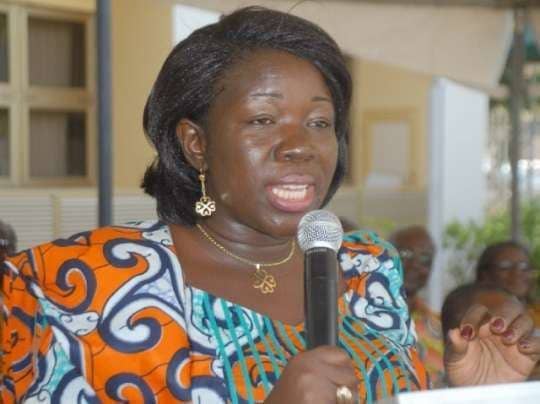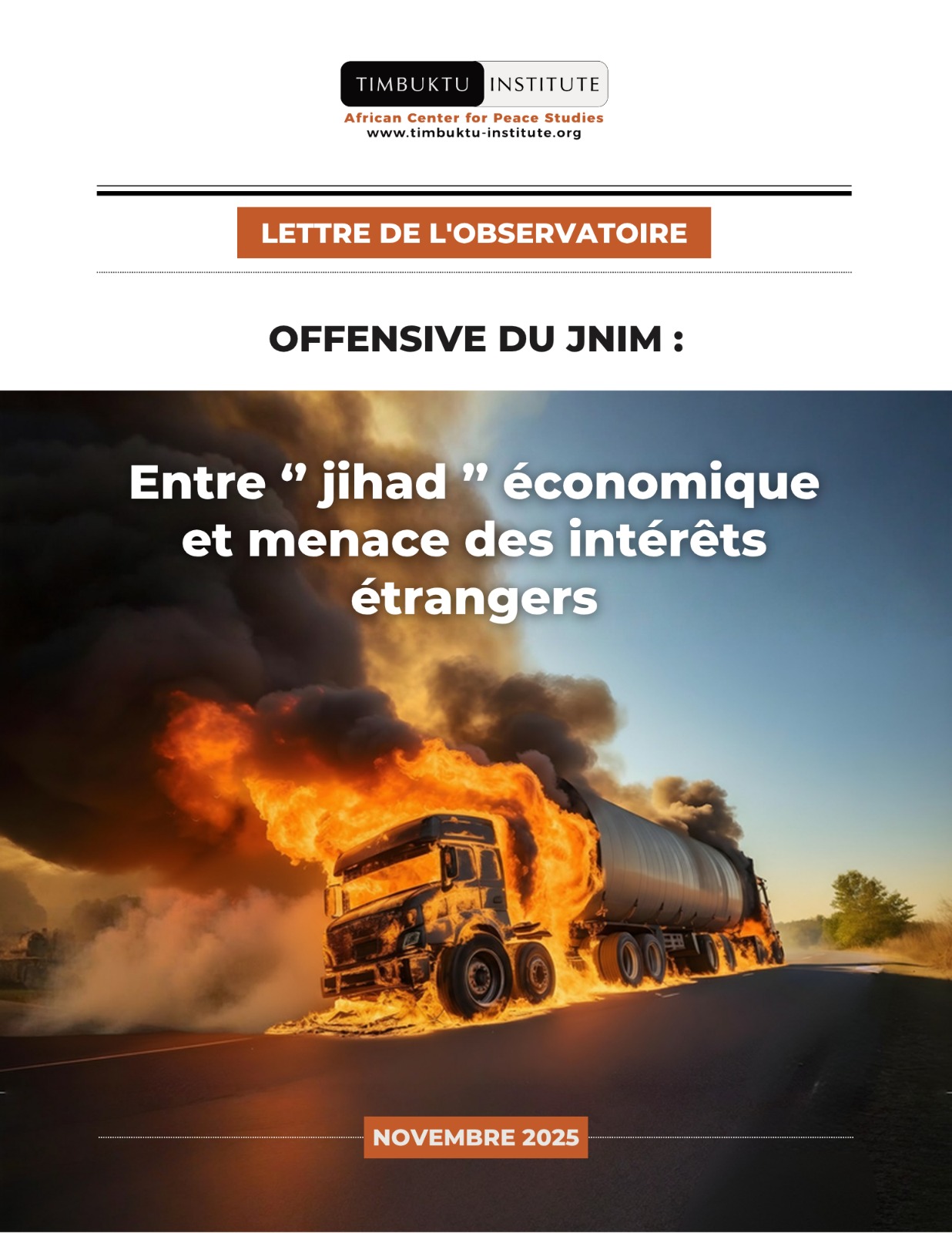Kwabena Adu Koranteng Writes
Ghana’s 1992 Constitution offers two key protections relevant to this issue:
Article 21(1)(a) — Freedom of speech and expression.
Article 21(1)(c) — Freedom to practice any religion and to manifest such practice.
On the face of it, any attempt by the state to “vet” religious prophecies before public declaration appears to interfere with both rights.
However, Article 21(4) provides a balancing clause: these freedoms can be restricted by laws “reasonably required” in the interests of public safety, public order, public morality, or the protection of the rights of others. This is where the government could anchor its directive.
- Possible Legal Justification
The state could argue that:
Reckless prophecies predicting deaths, disasters, or political upheaval can cause panic and fear, thereby threatening public order.
Some prophecies have historically led to security incidents, mob actions, or reputational harm — thus justifying preventive regulation.
Precedent from other countries (e.g., Uganda and Zambia) shows that African states have acted to curb harmful prophetic declarations in the name of protecting the public.
- Procedural & Substantive Hurdles
For the directive to withstand Supreme Court scrutiny, the government would have to ensure:
Legal Backing: The directive must be grounded in an Act of Parliament or existing legislation (e.g., Criminal Offences Act on causing fear and panic), not just an executive instruction.
Clarity: The criteria for “scrutiny” must be clear, objective, and non-discriminatory — not dependent on political or theological bias.
Proportionality Test: The restriction must be proportional to the harm it seeks to prevent. An outright ban on unvetted prophecies might be seen as excessive; requiring warnings, disclaimers, or evidence may be more defensible.
- Risk of Abuse & Political Overreach
Selective Enforcement: There is a high risk that politically inconvenient prophets could be targeted while pro-government voices are spared.
Censorship Concerns: Religious freedom includes the right to make spiritual claims without prior state approval; heavy-handed regulation could be seen as state control of theology.
- Likely Supreme Court Outcome
If challenged, the Court would likely weigh:
The real and proven harm of unvetted prophecies.
Whether less restrictive means exist (e.g., post-publication sanctions rather than prior restraint).
The importance of maintaining a secular state that respects but does not police theological content.
Given Ghana’s rights-friendly jurisprudence, a blanket pre-approval requirement for all prophecies could be struck down as unconstitutional. However, targeted regulation against prophecies that directly cause fear and panic might survive, especially if supported by clear legislation and evidence.

